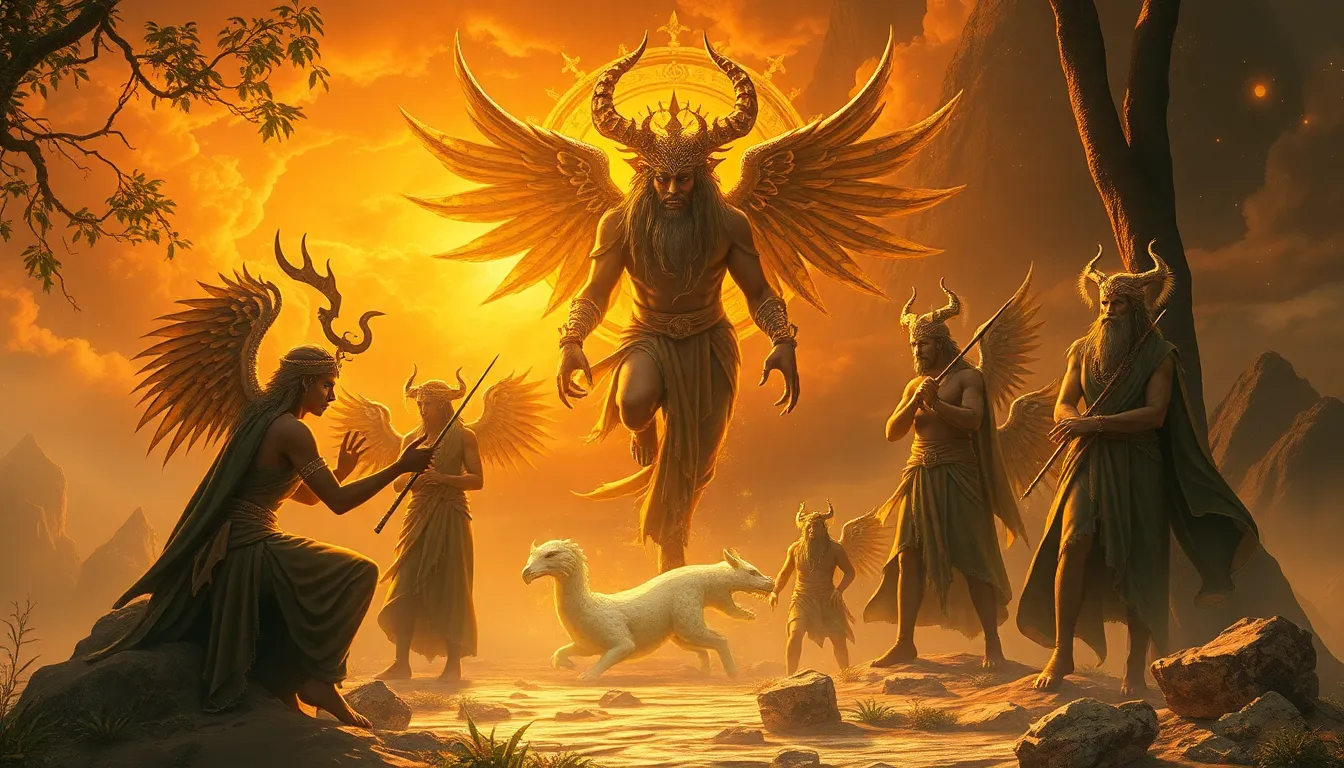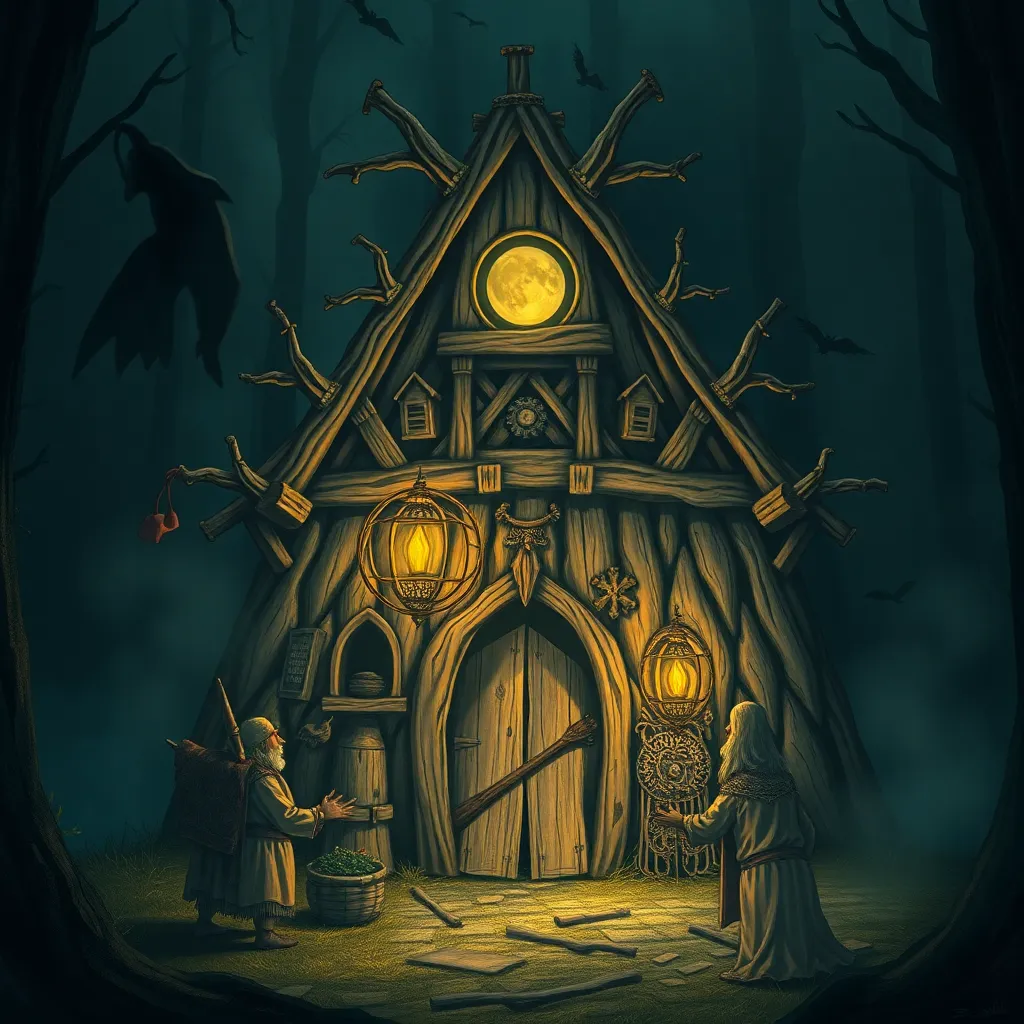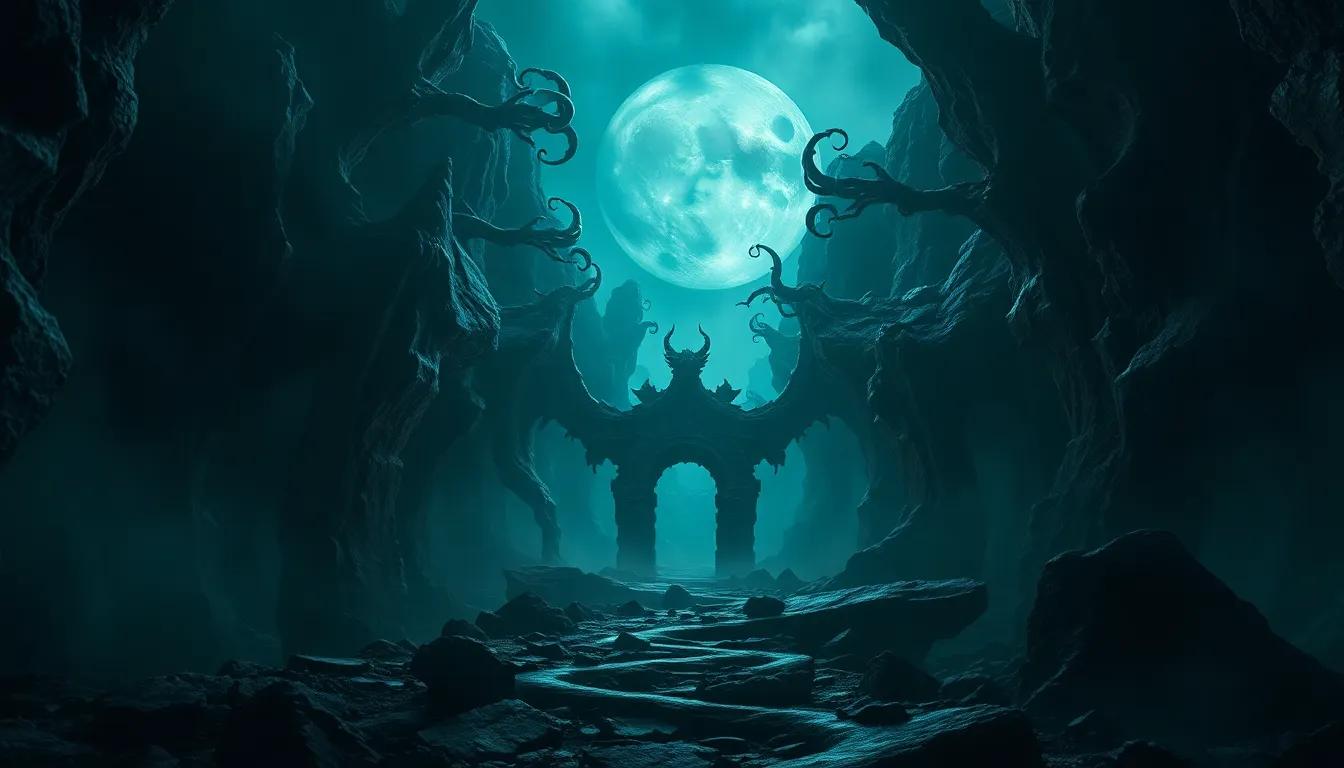Indonesian Mythology: A Tapestry of Ancient Beliefs
Indonesian mythology, a rich tapestry of ancient beliefs and stories, offers a fascinating window into the cultural values and societal structures of the archipelago's diverse communities. These myths, passed down through generations in oral traditions, serve as powerful expressions of the Indonesian people's deep connection to the natural world and their understanding of the divine. Each myth, with its intricate web of characters, creatures, and supernatural events, holds a unique perspective on life, death, and the very essence of existence. Exploring these narratives unveils a universe of compelling insights into the Indonesian worldview, particularly the intricate role of gender in shaping their cultural landscape.
Defining Gender in Indonesian Mythological Narratives
Before delving into the specifics of gender roles in Indonesian mythology, it's important to understand how gender is defined within these narratives. In many Indonesian myths, gender is not merely a biological distinction but rather a complex interplay of social, spiritual, and cosmic forces. Often, characters transcend traditional binary definitions of male and female, embodying elements of both genders, blurring the lines between the two. The concept of "gender" in these narratives goes beyond simple biological attributes and delves into the spiritual essence and the roles assigned to each gender in the grand scheme of the universe.
Matriarchal Divinities: The Power of Female Figures
Indonesian mythology showcases a striking presence of powerful female deities who embody the very essence of creation and life. These figures often wield immense power, presiding over the natural world, fertility, and even the cosmos itself. For instance, the Javanese goddess Dewi Sri, known for her association with rice and agricultural abundance, holds a central position in the pantheon of deities, demonstrating the reverence for feminine power in the realm of sustenance and life-giving forces. In many myths, the female deities are depicted as creators, protectors, and often the source of knowledge and wisdom, challenging the traditional patriarchal structures often associated with Western mythologies.
Patriarchal Authority: Male Gods and Their Roles
Despite the prominence of powerful goddesses, Indonesian myths also feature a host of male deities who hold significant authority in their respective domains. These deities often represent strength, leadership, and the cosmic forces of order. The Hindu god Shiva, revered in various parts of Indonesia, embodies the destructive and transformative aspects of creation, while Vishnu, the preserver, signifies the balance and order necessary for maintaining the universe. These male deities, though wielding significant power, are often depicted in complex relationships with their female counterparts, reflecting the dynamic interplay of masculine and feminine principles in the Indonesian worldview.
Gender Roles in Everyday Life: Reflections in Myth
Indonesian mythological narratives often mirror the gender roles and social structures prevalent in everyday life. In many stories, women are depicted as responsible for domestic duties, child-rearing, and nurturing the family. Men, on the other hand, are frequently portrayed as warriors, protectors, and leaders who ensure the safety and prosperity of their communities. These roles, though seemingly traditional, are often intertwined with a deeper understanding of feminine and masculine energies, showcasing a nuanced approach to gender dynamics. The myths, therefore, act as a conduit for understanding the societal norms and expectations placed upon men and women in Indonesian culture, reflecting the ingrained beliefs and values that have shaped their history and society.
The Hero’s Journey: Gendered Expectations and Transformations
In Indonesian myths, the hero's journey often reflects the gendered expectations placed upon individuals. Male heroes are often portrayed as strong, courageous warriors, tasked with conquering evil and protecting their communities. They embark on adventures, face challenges, and emerge as triumphant figures, embodying the ideals of masculinity and leadership. Take the story of Gatotkaca, a powerful warrior in the Javanese epic Mahabharata, who embodies courage and strength. His journey, filled with battles and trials, represents the archetype of the male hero, safeguarding the righteous and vanquishing evil.
However, female figures also embark on their own heroic journeys, though their paths often differ from those of their male counterparts. Female heroes may exhibit strength and courage, but they also possess a different kind of power, often associated with wisdom, knowledge, and the ability to harness the forces of nature. The story of Dewi Roro Kidul, the mythical queen of the Southern Ocean, illustrates this point. She holds immense power over the ocean, representing the untamed forces of nature, and her journey unfolds with a focus on her spiritual wisdom and connection to the natural world.
The Feminine Principle: Nature, Fertility, and Creation
The feminine principle in Indonesian mythology is deeply connected to the natural world, fertility, and the very essence of creation. Female deities often embody the life-giving forces of nature, representing the cyclical processes of growth, sustenance, and renewal. Dewi Sri, the Javanese goddess of rice, epitomizes this connection, embodying the power of agriculture and the abundance of nature. She is worshipped for her role in ensuring bountiful harvests, symbolizing the importance of the feminine principle in sustaining life.
The feminine principle is also associated with wisdom, knowledge, and the ability to heal. Female figures, particularly in the realm of spiritual traditions, are often seen as repositories of ancient knowledge and wisdom, possessing the ability to guide and nurture others. These aspects of the feminine principle further underscore the essential role of women in Indonesian society, not only as creators of life but also as custodians of knowledge and spiritual guidance.
The Masculine Principle: Strength, Leadership, and Protection
The masculine principle in Indonesian mythology is often associated with strength, power, and the responsibility of protecting and leading. Male deities, like Shiva and Vishnu, embody the cosmic forces of creation, preservation, and destruction, representing the dynamic interplay of power and order in the universe. These deities are often associated with leadership, warfare, and the ability to confront challenges, reflecting the societal roles expected of men in many Indonesian communities.
However, the masculine principle does not solely represent dominance or aggression. It also encompasses the qualities of courage, responsibility, and the duty to protect those in need. This aspect of masculinity manifests in the stories of heroes who defend their communities from harm, embodying the ideals of courage and self-sacrifice. The stories of these protectors, like Gatotkaca, highlight the importance of courage and responsibility in upholding the balance of the world.
The Interplay of Gender: Challenging Traditional Norms
While Indonesian mythology often reflects the traditional gender roles of society, it also presents narratives that challenge these norms and offer alternative perspectives. Many stories feature female figures who defy expectations and break free from societal constraints. They may possess extraordinary strength, wield power, or exhibit qualities traditionally seen as masculine. The story of Dewi Kunti, a powerful figure in the Mahabharata, is a prime example. She embodies wisdom, compassion, and strength, defying the limitations often associated with traditional female roles.
These narratives demonstrate that the Indonesian worldview acknowledges the fluid nature of gender, recognizing the potential for individuals to transcend traditional norms and embrace aspects of both the masculine and feminine principles. This fluidity challenges rigid gender definitions and opens doors to a more inclusive understanding of gender roles in Indonesian society.
Contemporary Perspectives: Reinterpreting Gender Roles in Modern Indonesian Society
As Indonesian society continues to evolve and adapt to modern challenges, the traditional gender roles depicted in mythology are being reinterpreted and challenged. Contemporary thinkers and activists are reexamining the social constructs of gender, pushing for greater equality and inclusion in various aspects of life. The narratives of ancient myths are being reinterpreted through a lens of modern perspectives, sparking conversations about the evolving role of gender in a rapidly changing Indonesian society.
The stories of ancient mythology, though rooted in the past, offer valuable insights into the cultural values and social structures that have shaped Indonesian society. By understanding the complex interplay of gender roles in Indonesian mythology, we gain a deeper appreciation for the richness and diversity of Indonesian culture. As Indonesian society continues to evolve, the narratives of these ancient myths will undoubtedly continue to be reinterpreted and reimagined, offering a platform for engaging conversations about the future of gender roles in Indonesian society.
FAQ
Q: Are there any Indonesian myths that feature transgender characters?
A: Indonesian mythology often explores the fluidity of gender, but explicit depictions of transgender identities are not widely found in traditional myths. That being said, some characters may exhibit characteristics or roles associated with both genders, hinting at a more fluid understanding of gender than a rigid binary.
Q: How does Indonesian mythology compare to other Asian mythologies in terms of gender roles?
**A: ** While Indonesian mythology shares some similarities with other Asian mythologies, it also displays unique characteristics regarding gender roles. Compared to some other Asian traditions, Indonesian mythology places a significant emphasis on powerful female deities and the importance of the feminine principle in creation and life.
Q: What is the modern significance of Indonesian mythology in relation to gender roles today?
A: Understanding the portrayal of gender roles in Indonesian mythology provides valuable context for examining the social and cultural structures of Indonesian society. This knowledge can contribute to ongoing conversations about gender equality, inclusion, and the changing dynamics of gender roles in modern Indonesian society.



